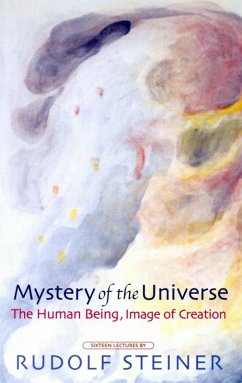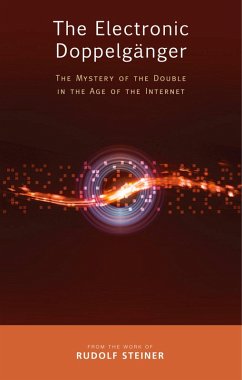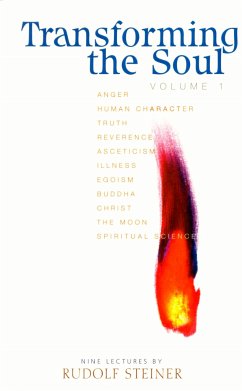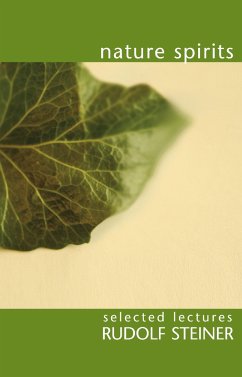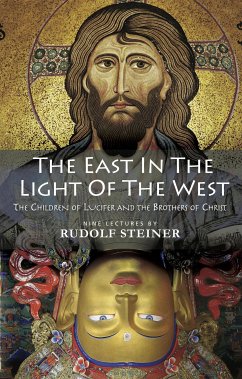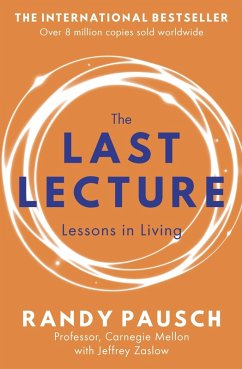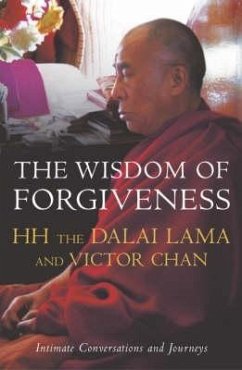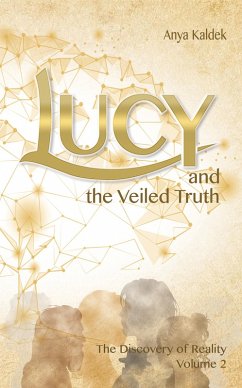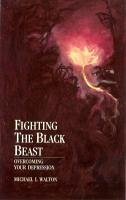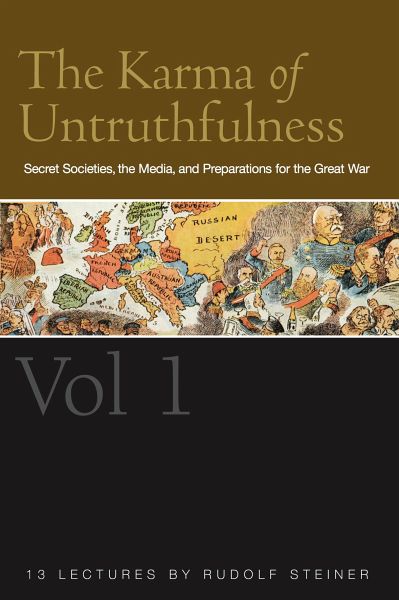
The Karma of Untruthfulness: v. 1 (eBook, ePUB)
Secret Societies, the Media, and Preparations for the Great War
Übersetzer: Collis, J.
Versandkostenfrei!
Sofort per Download lieferbar
14,99 €
inkl. MwSt.
Weitere Ausgaben:

PAYBACK Punkte
0 °P sammeln!
Although these lectures were given during 1916, they have much to teach us about the political spin, media distortions, propaganda and downright lies we encounter on a daily basis in public life. Rudolf Steiner's calm and methodological approach penetrates the smokescreen of accusations and counterclaims, of illusion and untruth, surrounding the Great War. Hiding behind this fog, and under the guise of outer events, he reveals the true spiritual struggle that is taking place. His words give a deeper understanding of the politics and world conflicts that confront us today through the filter of ...
Although these lectures were given during 1916, they have much to teach us about the political spin, media distortions, propaganda and downright lies we encounter on a daily basis in public life. Rudolf Steiner's calm and methodological approach penetrates the smokescreen of accusations and counterclaims, of illusion and untruth, surrounding the Great War. Hiding behind this fog, and under the guise of outer events, he reveals the true spiritual struggle that is taking place. His words give a deeper understanding of the politics and world conflicts that confront us today through the filter of the media.In the midst of the turmoil of the First World War, Steiner speaks out courageously against the hatred and untruthfulness in the propaganda of the time. From his detailed research into the spiritual impulses of human evolution, he describes the dominant role secret brotherhoods played in the events culminating in the cataclysmic war, and warns that the retarding forces of nationalism must be overcome if Europe is to find its new destiny. He also emphasizes the urgent need for new social structures if further catastrophes are to be avoided.At a time when political events throughout the world are moving with breathless rapidity, the reader will find much in these lectures that will illuminate what lies behind the symptoms of our turbulent times.This new edition, reproduced in a larger format, is put in a modern context and introduced by Terry Boardman.
Dieser Download kann aus rechtlichen Gründen nur mit Rechnungsadresse in A, B, BG, CY, CZ, D, DK, EW, E, FIN, F, GR, H, IRL, I, LT, L, LR, M, NL, PL, P, R, S, SLO, SK ausgeliefert werden.






